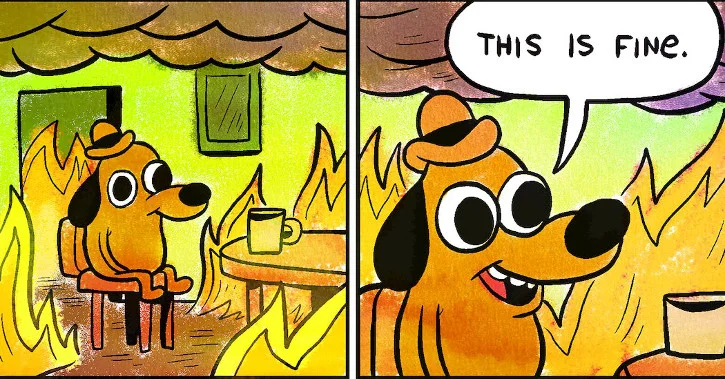Oh hi. Let’s look at this bullshit article on the BBC website, shall we?
First of all it’s on the BBC so you’re like oh wow it must be a big deal.
You read that there have been calls, calls for Gillette to post an apology video! Damn.
Oh there’s a link to the source. Let’s click on that.
A dude is presenting demands to end the boycott. The demands are the apology video and also that all male employees have to read some mra bullshit, like it’s mao’s little red pill.
So you click on the dude’s profile, wondering who he is and why he can make demands.
This is he. 18 followers. The BBC Just used this person as a source.
And the person who wrote this piece knows the tweet is bullshit, from a bullshit source, because they sure as hell didn’t put the mandatory book reading up on the BBC, they know how stupid that would be.
And yet.
You can construct any fucking narrative by scouring the internet for people claiming something. It doesn't make it relevant. It doesn't make it true.
This is another tweet cited in the article. Eight digits in the handle, fewer followers than I have toes. Gets to represent a "side" in a "controversy".
Have we learned nothing from the past few years? Is this really the best we can do?
We could go on of course. When Piers Morgan dusts off his laptop to plug the week's trending topics into his trusted word document DailyMailPCCultureRantTemplate.docx for his weekly Daily Mail diatribe, the DM uses two tweets to illustrate the article.
13 followers. 4 followers.
And here is Time Magazine. That boycott link? Some dude with 71 followers.
None of this is fucking real. It’s an entirely made up thing. It’s Piers Morgan, four people with 9 followers and a Russian bot.
This isn’t to say it can’t *become* real. These things can snowball. But journalists pushing this duality as a reality are hurting us.
Just a few final points before we let the thread die a well-deserved and long-overdue death.
This is one of those websites that push dubious content. This article has been shared thousands of times on Facebook, into the feeds of thousands more.
It links to the BBC “report”.
So my focus on follower-count was less “high-follower essentialism” as someone put it so beautifully, but rather an attempt to show that we have no way of knowing if these accounts are real much less in good faith.
And serious news organisations should not rely on this shit.
Because an ignored tweet from an account with 18 followers (that has now vanished) should not be a journalist’s core argument on the BBC website, and certainly not be proof of a “major backlash and a wide boycott”.
Note I have no opinion on the ad, its message, the number of dislikes on youtube or whatever.
Just that we rely on journalists to make things clear, to separate truth from lie. This twitter-searching to prop up predefined notions and narratives just adds to the noise.
OK, fin.

